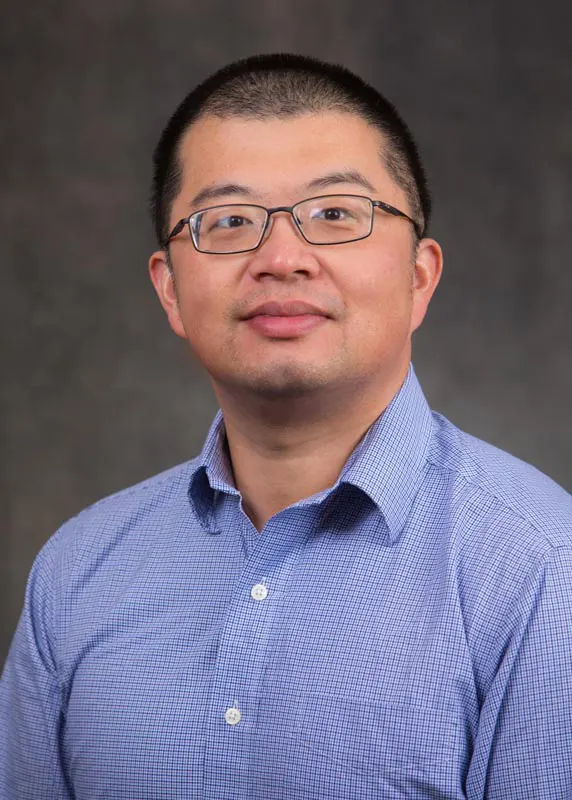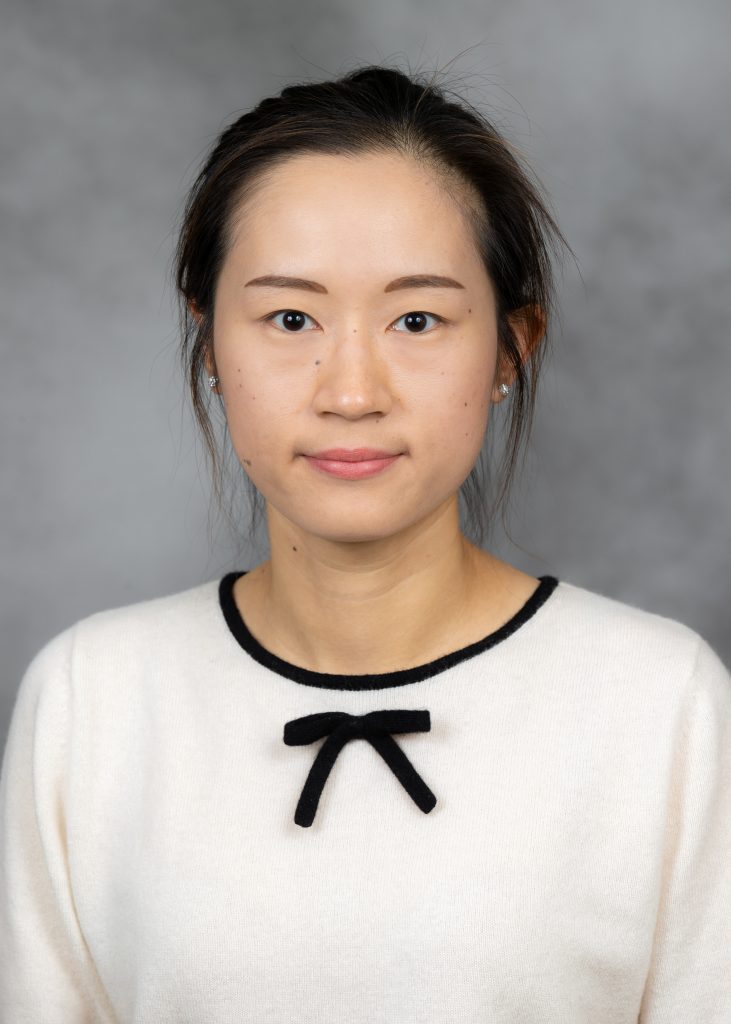Sanford is an assistant professor in the School of Agriculture at UW–Platteville. His research interest is in agriculture wastewater management including management of farmstead and edge of field runoff, nutrient management, precision manure application, water recovery and recycling, pathogen inactivation and transport, and emerging agricultural contaminates such as PFAS. His position is funded by the Dairy Innovation Hub.
Manure is a valuable resource for crops and soil health, but if not managed carefully, it can contribute to greenhouse gas emissions, water pollution, and public health concerns. At UW-Platteville, a new project will take a closer look at what happens to manure during storage—and how we can manage it better to benefit both farms and the environment.
With support from the Dairy Innovation Hub, UW-Platteville plans to install large, 2,000-gallon test tanks, called mesocosms, that mimic real manure storage conditions on farms. These tanks will let researchers study how different treatments affect emissions and nutrient levels during storage.
The team will explore tools like acidification, biochar, and manure additives that may help reduce harmful gases like methane and ammonia, while keeping more nutrients in the manure for crops. These practices have shown promise, but more research is needed to understand how they work in real-world conditions and what long-term effects they might have on soils.
This new setup will give faculty and students the ability to run controlled, in-depth experiments that reflect the realities of Wisconsin agriculture. The results will help shape future research trials, inform farmer decisions, and support the development of more sustainable manure management practices.








